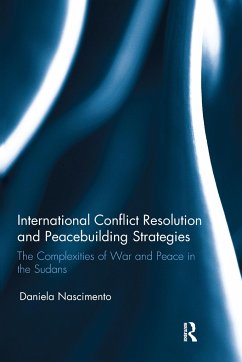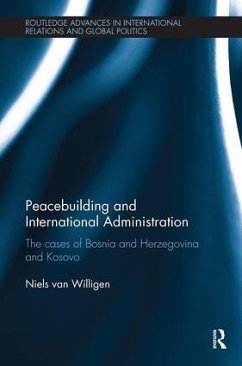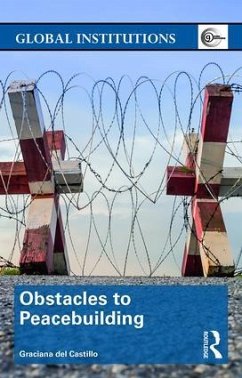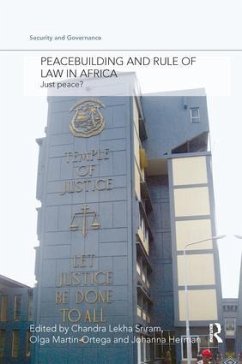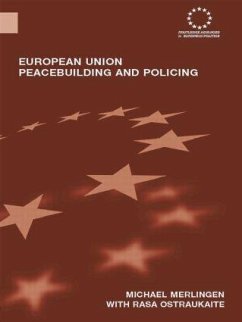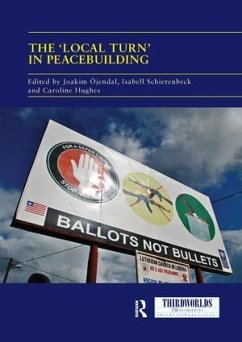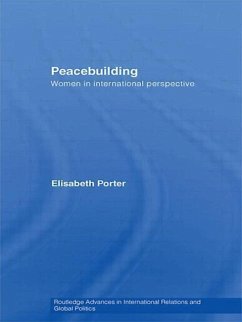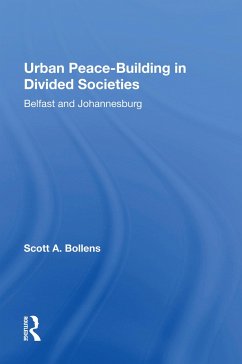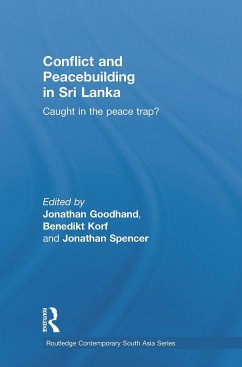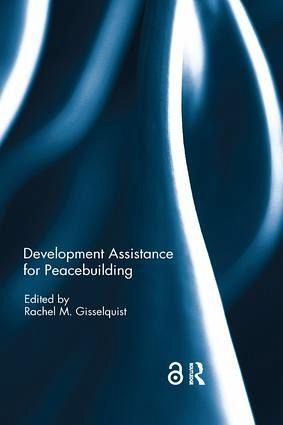
Development Assistance for Peacebuilding
Versandkostenfrei!
Versandfertig in 1-2 Wochen
55,99 €
inkl. MwSt.

PAYBACK Punkte
28 °P sammeln!
Development assistance to fragile states and conflict-affected areas can be a core component of peacebuilding, providing support for the restoration of government functions, delivery of basic services, the rule of law, and economic revitalization. What has worked, why it has worked, and what is scalable and transferable, are key questions for both development practice and research into how peace is built and the interactive role of domestic and international processes therein. Despite a wealth of research into these questions, significant gaps remain. This volume speaks to these gaps through n...
Development assistance to fragile states and conflict-affected areas can be a core component of peacebuilding, providing support for the restoration of government functions, delivery of basic services, the rule of law, and economic revitalization. What has worked, why it has worked, and what is scalable and transferable, are key questions for both development practice and research into how peace is built and the interactive role of domestic and international processes therein. Despite a wealth of research into these questions, significant gaps remain. This volume speaks to these gaps through new analysis of a selected set of well-regarded aid interventions. Drawing on diverse scholarly and policy expertise, eight case study chapters span multiple domains and regions to analyse Afghanistan's National Solidarity Programme, the Yemen Social Fund for Development, public financial management reform in Sierra Leone, Finn Church Aid's assistance in Somalia, Liberia's gender-sensitive police reform, the judicial facilitators programme in Nicaragua, UNICEF's education projects in Somalia, and World Bank health projects in Timor-Leste. Analysis illustrates the significance of three broad factors in understanding why some aid interventions work better than others: the area of intervention and related degree of engagement with state institutions; local contextual factors such as windows of opportunity and the degree of local support; and programme design and management. This book was originally published as a special issue of the journal International Peacekeeping. The Open Access version of this book, available at https://www.taylorfrancis.com/books/e/9781351624572, has been made available under a Creative Commons Attribution-Non Commercial-No Derivatives 4.0 license.



